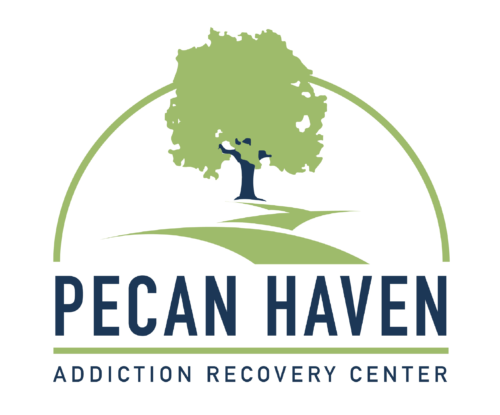There’s a real stigma against people who are struggling with addiction. Unfortunately, this stigma often serves to make people feel deep shame about their struggles– and the shame prevents them from reaching out, even when they’ve fully recognized that they have a problem.
Asking for help is a big step for someone dealing with substance abuse or addiction. It takes a lot of courage to admit that you can’t handle it all on your own, and even more to reach out to the people closest to you, putting yourself at potential risk of judgment. But the effort it takes to reach out is worth it, and it can save your life.
If you want to get the help you need but aren’t sure where to start, we’ve broken it down for you.
When should I ask for support?
Take a step back and try to look at your situation as objectively as possible. How is your substance use affecting your daily life?
For example, does making sure you have access to your substance of choice become a priority that supersedes other important things in your life like family, friends, or work?
Do you often feel the physical effects of your substance of choice after using it or when you don’t have access to it? This might mean struggling with withdrawal symptoms, or experiencing hangovers that affect your ability to do your job or live your daily life normally.
Are your personal or professional relationships suffering as a result of your substance use? Have you noticed tension with the people closest to you? Is that tension connected to your use of substances?
If you found yourself answering “yes” to the above questions, it’s probably a good time to come to terms with the fact that you could benefit from asking for help.
Who do I ask for help with addiction?
Getting started on the process of asking for help can be incredibly intimidating, especially if the people you want to reach out to aren’t aware of your problem.
Before you actually reach out to people, you should carefully consider who you plan to ask. If the closest people in your life are also struggling with addiction, it might not be productive to ask them– they might not be able to provide you with the help and support that you need.
Whoever you ask should be someone who you believe has your best interests at heart. It helps if you really trust their judgment, too.

How do I go about asking for help with addiction?
While you shouldn’t put it off for too long, it might be beneficial to take some time to really prepare yourself. Consider your relationship with the person you plan to ask, and think about how that relationship might be affected if you aren’t able to follow through on accepting help.
Ask yourself: are you truly ready to accept help? Are you prepared to go through some discomfort in order to work toward solving your problems with addiction?
One of the very most important things that’s required for successful recovery from substance abuse is the willingness to change– and that willingness requires work and the ability to truly be honest with yourself.
That’s not to say that you should keep your addiction under wraps if you don’t feel completely ready to seek recovery, but things will go more smoothly if you feel ready and willing to accept help after asking for it.
Take the next step
With the support of a chosen loved one, your journey toward recovery will feel a lot lighter. Together, you can seek out addiction services that can help you get your life back.
At Pecan Haven, we’re dedicated to getting your life back on track. Give us a call today or fill out our online assessment– and take the first steps toward a much brighter future for you and your family.
